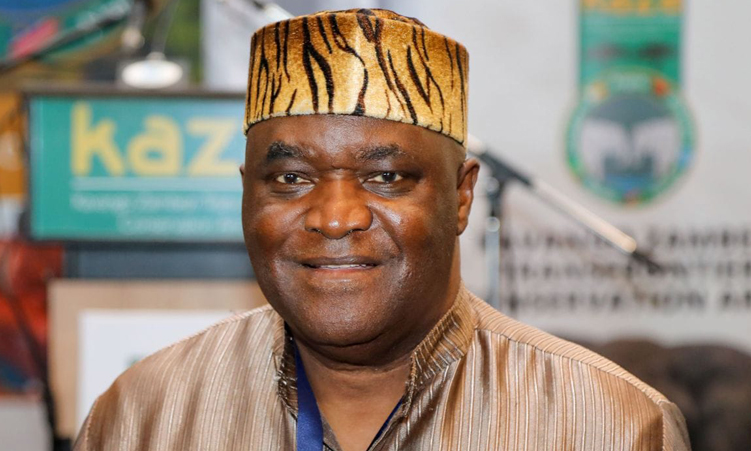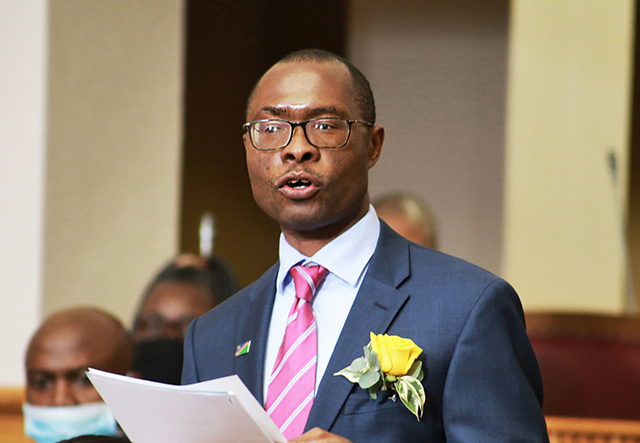The Global African Hydrogen Summit Organisation hopes to bring about a fair and inclusive economic transition.
The summit’s head of marketing Roshan Jan-Mohomed last week said this would include active involvement from marginalised and overlooked representatives from across civil society, including women, young people, and indigenous communities.
The summit, set to take place from 3 to 5 September in Windhoek, will bring together policymakers, leaders, innovators, and stakeholders from around Africa and across the globe to explore and harness Africa’s vast green hydrogen potential.
“Africa stands poised to play an important role in the global transition, and by leveraging its abundant green and renewable natural resources, the continent can not only support a just transition to cleaner sources of energy but also build inclusive and fair economies, end energy poverty, and contribute significantly to global decarbonisation efforts,” Jan-Mohomed noted.
The summit aims to support strategies to meet energy demand across the continent through this just and inclusive economic transition.
In a recent docufilm titled ‘The Road to Namibia’ that aired on NBC about the summit, summit director William Shilamba says by making use of its ample renewable and green natural resources, the continent will not only fairly transition to more sustainable energy sources but will also create inclusive and equitable economies, end energy poverty, and significantly contribute to global decarbonisation efforts.
“Africa possesses abundant renewable energy resources, such as solar, wind, hydro, and geothermal energy. If properly utilised, these resources can drive the continent’s growth and offer a sustainable energy supply for the future,” he says.
According to Shilamba, Agenda 2063 of the African Union highlights the importance of equitable and ecologically sustainable transformative growth.
He says by making infrastructure investments in renewable energy, African nations can reduce their dependency on hydrocarbons, decrease greenhouse gas emissions, and foster economic growth that benefits all segments of society.
“It’s the promise of a better tomorrow for Namibia’s children, especially for those in smaller communities which are less privileged,” says Shilamba.
In the same docufilm, Hyphen Hydrogen Energy ESG head Toni Beukes shared that: “I’m responsible for looking after the socioeconomic development component of the project, which is all to do with how Namibian’s will benefit, so that’s the driver.”
Stay informed with The Namibian – your source for credible journalism. Get in-depth reporting and opinions for
only N$85 a month. Invest in journalism, invest in democracy –
Subscribe Now!






